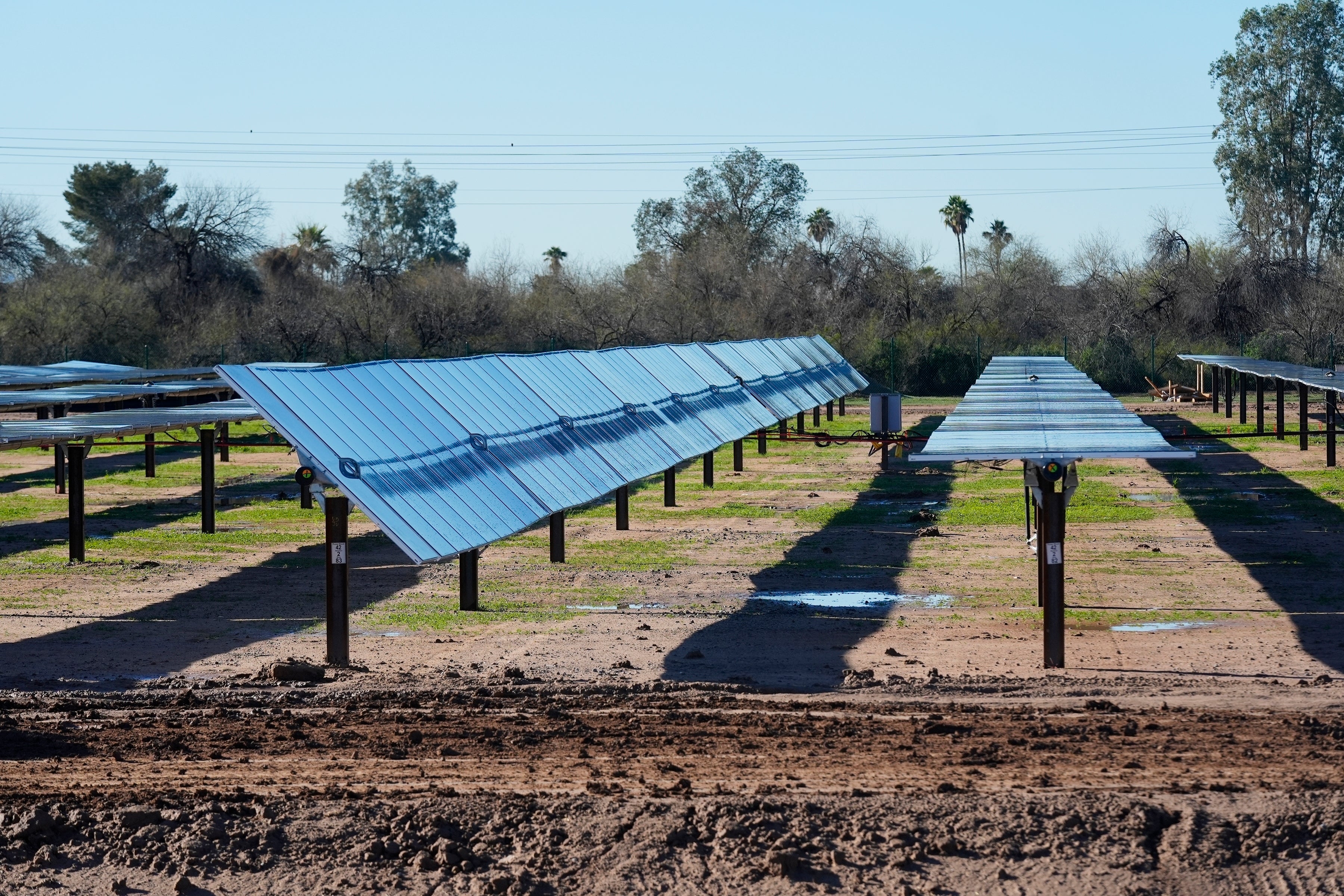Breakthrough brings pioneering solid-state batteries another step closer
Current lithium-ion batteries have major problems, including bursting into flames

A new breakthrough could bring forward the era of solid-state batteries, according to the researchers behind it.
Current lithium-ion batteries – those that power everything from mobile phones to electric cars – require liquid electrolytes. Those come with a variety of problems, including flammability that means they can burst into flames.
In response, researchers have been working on solid-state batteries, which could bring with them a range of improvements on existing technology, including safety. But they too come with major downsides.
Solid-state batteries see the lithium put onto an anode, so that the movements of electrons can be used to generate electricity. But as the batteries are used, the lithium can be depleted – mean that the batteries lose performance and durability.
Now researchers have made a new layer that protects the anodes, stopping that material from being depleted. Testing has shown that it works to maintain the performance of the battery, they said.
It works through a process known as “bottom electrdeposition”. That ensures that the lithium metal is cycled efficiently through the use of the battery, allowing it to maintain its performance.
The researchers hope that further work will be able to further enhance the lifetime of the batteries, as well as how much power they can store.
The findings are described in a new paper, ‘Bottom Deposition Enables Stable All-Solid-State Batteries with Ultrathin Lithium Metal Anode’, published in the journal Small.
Join our commenting forum
Join thought-provoking conversations, follow other Independent readers and see their replies
Comments
Bookmark popover
Removed from bookmarks